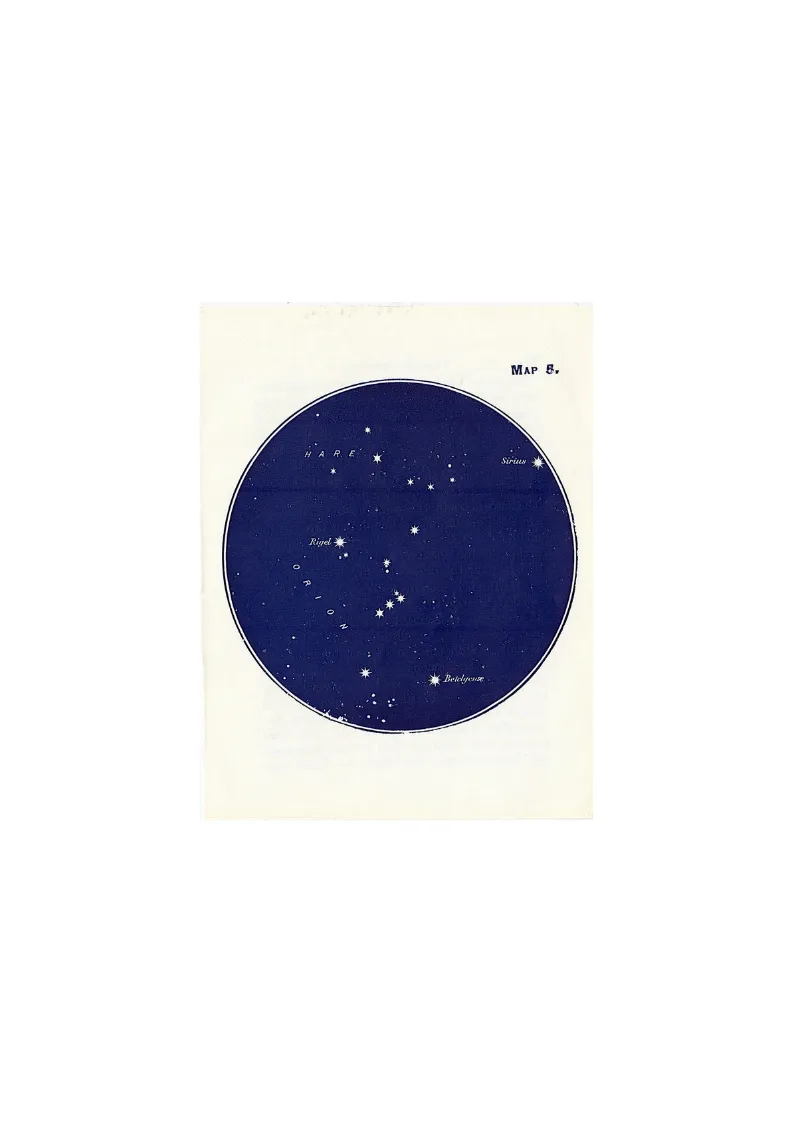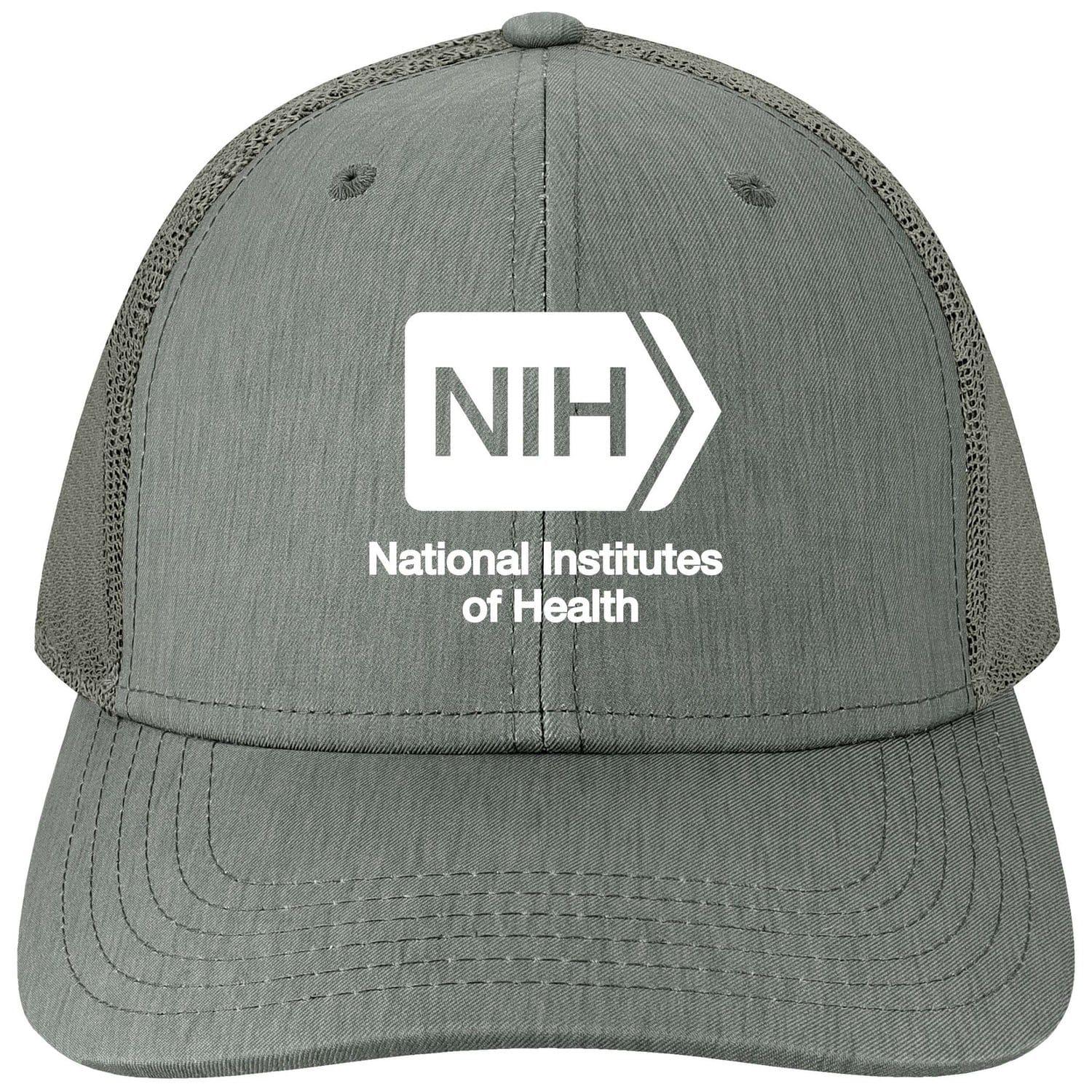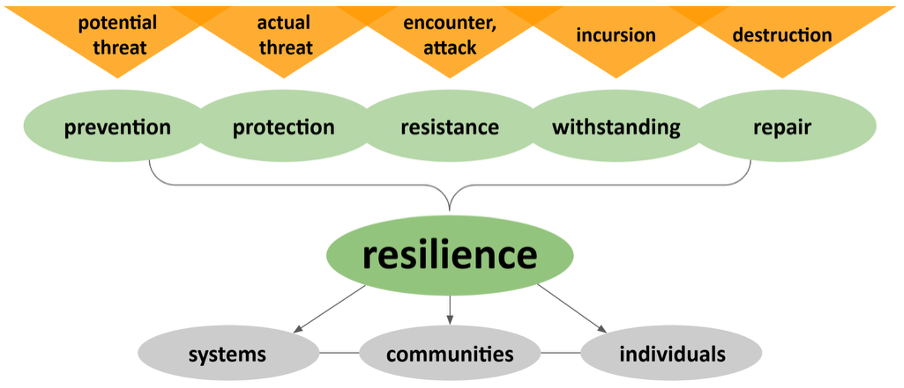
The rise of open research information resources is transforming the way we track, analyse and study research systems. Increasingly, sources like OpenAIRE, OpenAlex, Crossref, DataCite, ORCID, ROR and others are being used as the basis for making decisions, designing interventions and understanding progress in the science system.









